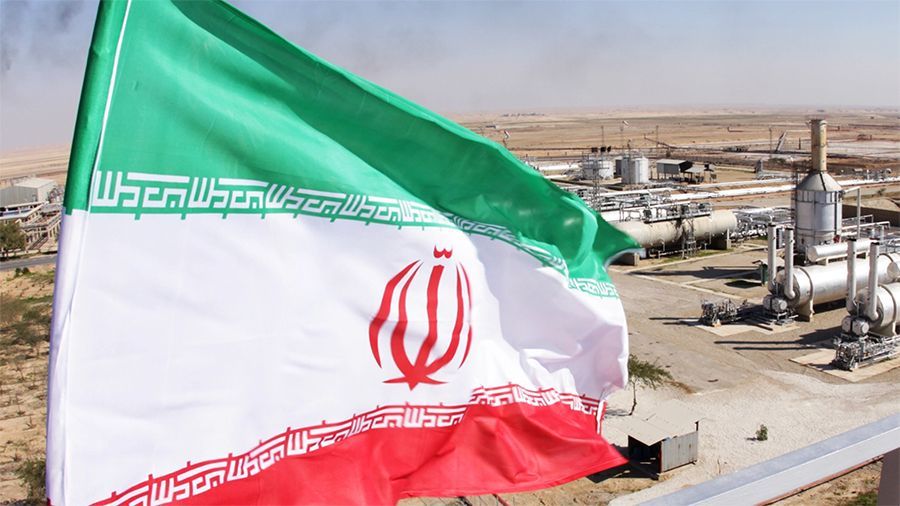According to local media reports, the Central Bank of Iran has banned the trading of cryptocurrencies mined outside the country to prevent capital outflows.
In fact, cryptocurrency trading in Iran is considered illegal. But in 2019, the Iranian government legalized the mining of cryptoassets, recognizing it as one of the industrial sectors. Last fall, Iran allowed the use of digital assets, but only to pay for goods imported from other countries. The Iranian authorities believed that this would help prevent the detrimental effect of US sanctions on the country’s economy.
However, this week, the Central Bank of Iran introduced a restriction, which can in part be viewed as a “green light” for cryptocurrencies. The Central Bank allowed the use of only those cryptocurrencies that were legally mined in Iran. At the same time, the regulator did not explain how it will be able to track the inflow of “foreign” crypto assets from abroad, and how it intends to prevent them from entering the territory of the state.
Experts believe that in this way the Iranian authorities are trying to prevent capital flight from the country in connection with the depreciation of the Iranian rial. From January 2017 to January 2021, the Iranian currency has lost 80% of its value, while Bitcoin has grown almost 40 times over the same period. Lawyer Fatemah Fannizadeh suggested that the current restriction would not apply to individual users.
The central bank could impose a complete ban, but banks and financial institutions are allowed to use cryptocurrencies mined in Iran for international payments. Fannizade said this could signal that the state intends to “aggressively distribute Iranian cryptocurrencies,” and the actions of the central bank may be aimed at developing cryptocurrency mining in Iran.
Recall that in 2020, Iran allowed miners to mine bitcoin at local power plants, subject to certain requirements. In addition, last year the Iranian President instructed the government to update the national strategy for the development of cryptocurrency mining and reflect this in the legislation.







